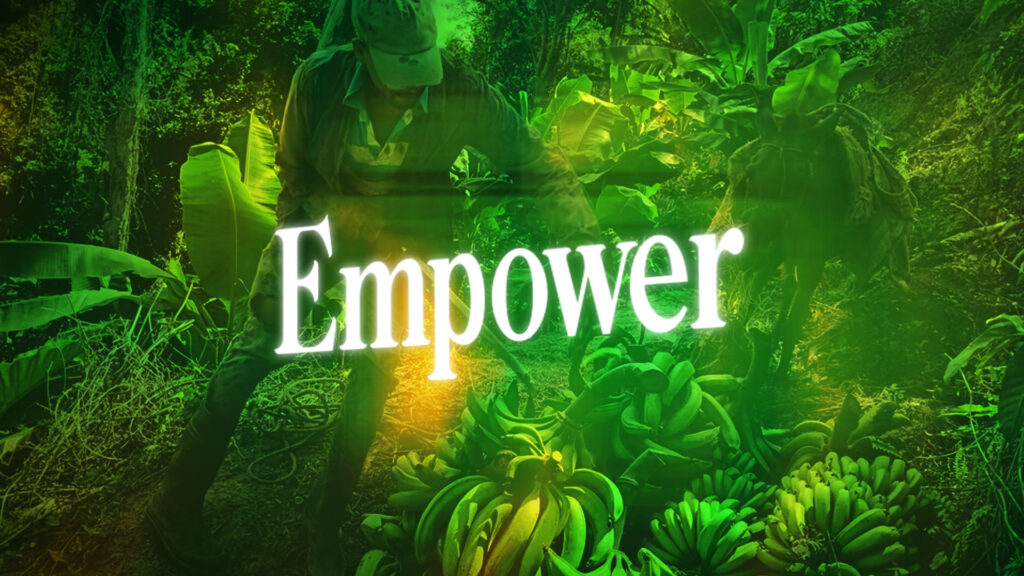Empowerment is one of those words that frequently appears in conversations about global development. At Plant With Purpose, it’s a core value. It's central to how we approach our mission and how we describe the way we approach our work. But we also recognize that it can be a complex term. We believe that the words we use deserve careful consideration, especially when they shape our understanding of people, relationships, and power.
For us, empowerment isn’t a slogan or a buzzword. It’s a deeply held commitment to affirm the agency and dignity of every person we work with. That’s why we stand by it, even as we acknowledge that the word comes with complexity.
A Value Rooted in Dignity
We work with people as partners, not projects. That belief lies at the heart of our use of the word empowerment. To empower, in our understanding, is not to give power to someone else as though it weren’t already there. It’s to affirm the God-given dignity and potential that already exists within each individual and community. To walk alongside them as they acknowledge and express it.
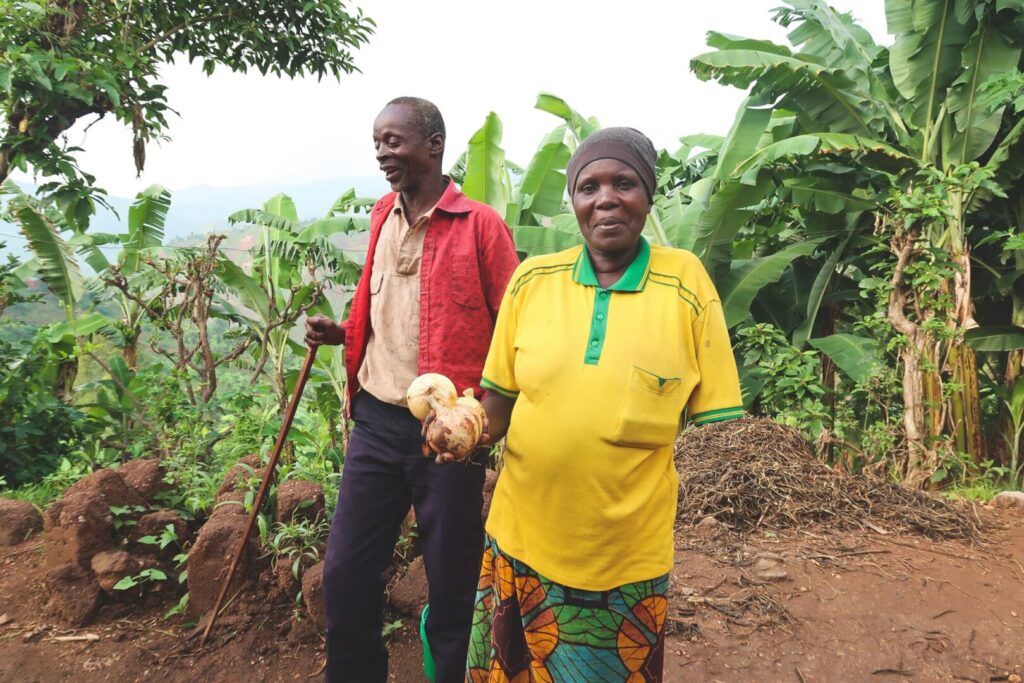
In many of the communities where we work, people have been denied opportunities to lead, make decisions, or determine their own futures. Marginalization due to poverty, gender, ethnic background, or rural geography has long kept people on the sidelines of their own development. But what we see over and over again is that with support that respects individual autonomy and strengths, people step into leadership, bring their visions to life, and transform their lives and communities.
Dieula is a participant in one of our Purpose Groups in Haiti. She recalls the contrast between past experiences with charity organizations and her experience with Plant With Purpose: “Before, we stood in long lines to receive food packages. It felt like we were being treated like animals.” Now, she is a contributing member of a group that saves, lends, and invests in each other’s futures. That transformation is more than financial—it’s about dignity.
Empowerment is evident throughout our program, as farmers lead Purpose Groups and write their own bylaws, communities graduate from our program with full ownership of their progress, and members utilize their own savings to fund businesses, education, and home improvements. These are not signs of dependency. They are signs of strength.
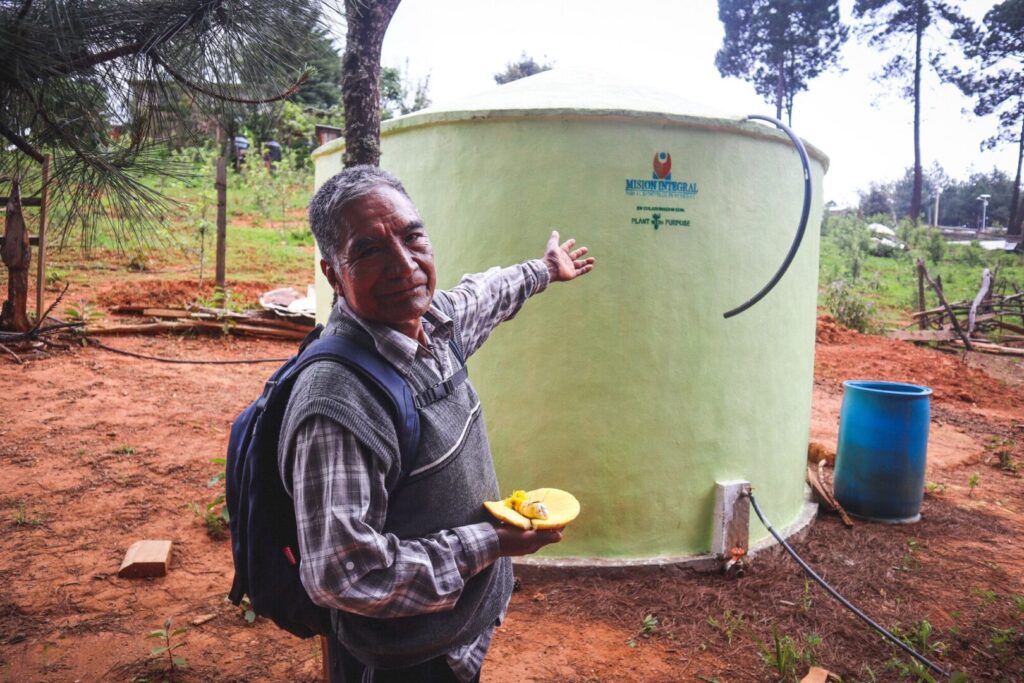
Limitations of the Term
At the same time, we recognize and affirm the many valid critiques of the term “empowerment.” One of the most common concerns is that it can imply that power is something granted by an external source—typically by those with privilege or position—to those without it. That implication runs the risk of reinforcing exactly the kinds of imbalances we seek to dismantle.
That’s why we are careful about how we use the word. For us, empowerment is not about giving power. It’s about creating the conditions where the inherent power, creativity, and knowledge within each person can be expressed and exercised. It’s about listening more than instructing, supporting more than directing.
We also acknowledge that the term can sometimes be used to gloss over deeper structural issues. Discussing empowerment is not a substitute for addressing the root causes of poverty, environmental degradation, and social injustice. We are committed to supporting both individual and community growth, as well as advocating for systemic change. That includes grassroots actions, such as helping establish community savings groups, and global ones, such as advancing climate action that centers on the needs of vulnerable communities.
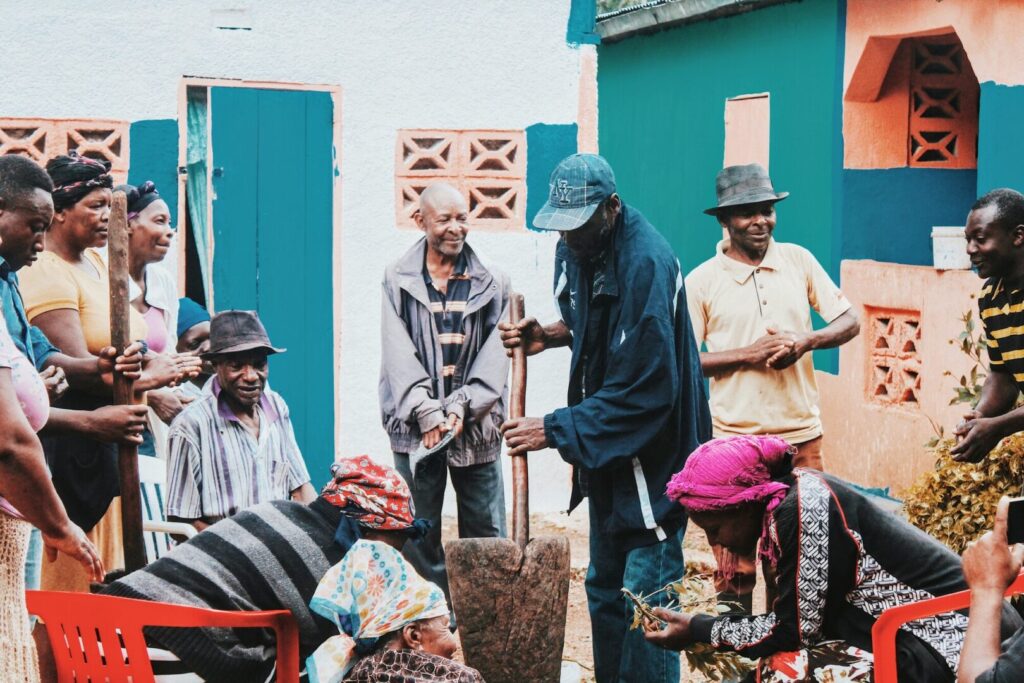
Power Is Not Evenly Distributed
We live in a world where power dynamics are undeniably uneven. Historical and systemic forces like colonialism, racism, gender inequality, and environmental exploitation have shaped who has access to resources, representation, and resilience. If we are to do this work effectively, we must remain aware of how these imbalances manifest and how we, even unintentionally, can contribute to them.
As an organization that works across borders and cultures, we believe it’s our responsibility to stay aware of these dynamics. That includes examining our own language, assumptions, and practices. We believe every person is created with equal God-given dignity, but we also know that living into that truth requires effort, awareness, and intentionality.
By recognizing these power imbalances, we’re better able to challenge them. We challenge them not only through what we do, but also how we do it. And that brings us back to empowerment: not as something we give, but something we honor, cultivate, and support.
Empowerment in Context
Language can have different meanings in various cultural contexts. What sounds affirming in one place might feel patronizing in another. That’s why it’s important to not only ask what we mean by empowerment, but also what we don’t mean.
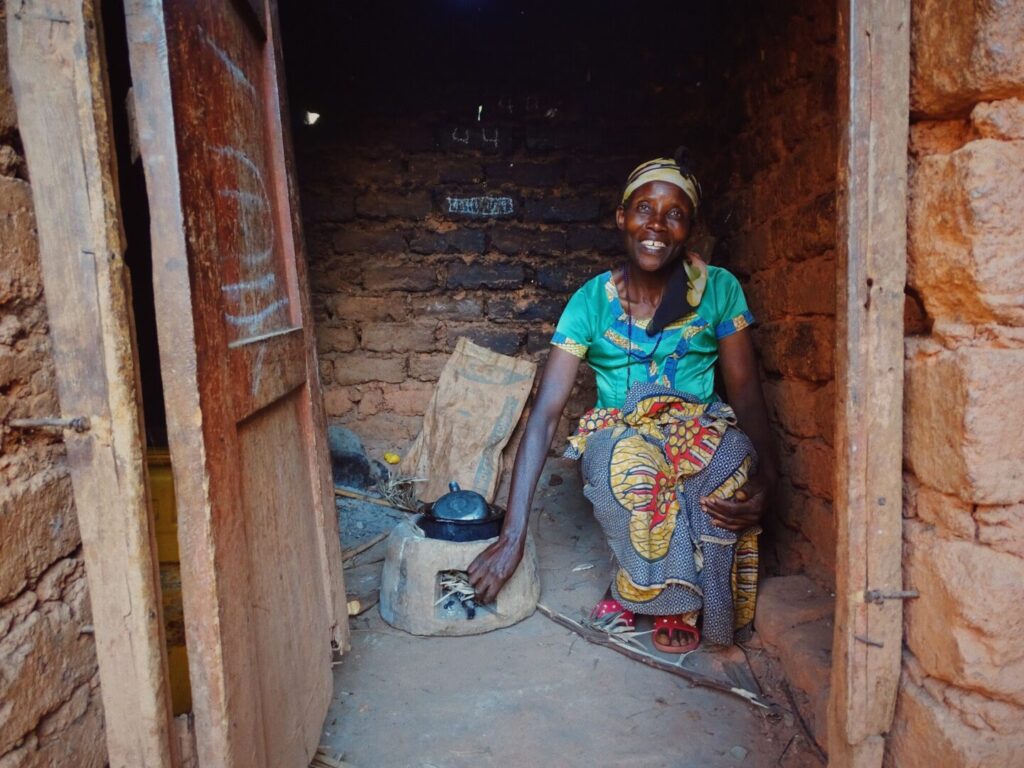
We don’t mean that people are helpless until we arrive. We don’t mean that we are the source of their strength. And we don’t mean that personal determination alone can overcome systemic injustice.
What we do mean is that each person matters. That each community holds knowledge, creativity, and resilience. Meaningful change occurs when we work together in ways that affirm these truths.
Why This Matters
For our community, those who support our work because of a deep belief in the potential of the people we serve, that support is making more than just a material change. It’s helping create a world where dignity is restored, leadership is local, and communities are equipped to thrive long after we’ve left.
The mission of Plant With Purpose matters because the people we work with matter. Empowerment, when rooted in respect and partnership, reflects that value. And while we’ll continue to wrestle with language and its implications, we won’t stop believing in the power of people to shape their futures.
Together, we plant hope, nurture agency, and walk alongside communities on a path of restoration—one that reflects God’s intent for justice, flourishing, and wholeness.

